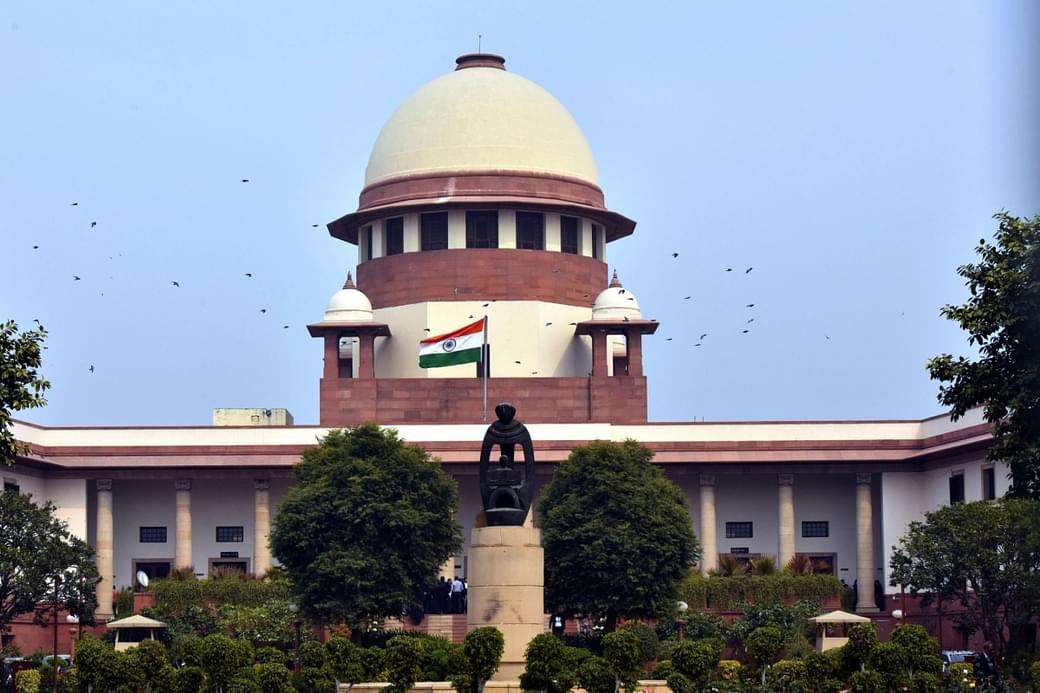The Supreme Court has decided to remove the requirement for a magistrate’s approval for ending life support for terminally-ill individuals through a “living will.” The five-judge bench of Justices K M Joseph, C T Ravikumar, Ajay Rastogi, Aniruddha Bose, and Hrishikesh Roy have granted the authority to the executor of the living will to sign the document. The official order has yet to be released.
Advance directives are legal documents that allow individuals to state their preferences for medical treatment in the future when they are unable to make informed decisions due to unconsciousness, persistent vegetative state, or coma. The court has also decided that the document will be signed in the presence of two witnesses, who will attest to its validity before a notary or government official. The notary must confirm that the document was signed voluntarily, without any coercion or influence, and with a full understanding of the information and consequences.
The Supreme Court has issued the order in response to a plea filed by the Indian Council for Critical Care Medicine, which sought to modify the guidelines for “living wills” or advance medical directives. The plea was filed due to difficulties faced by people trying to register the documents. In 2018, the court mandated that “living wills” must be signed by the individual in the presence of two witnesses and a first-class judicial magistrate (JMFC). The court also instructed that, in cases where the executor became terminally ill, the treating physician must verify the document’s authenticity with the JMFC before proceeding. The 2018 ruling also required the witnesses and the JMFC to confirm that the document was signed voluntarily and with a full understanding of the relevant information and consequences.
According to senior advocate Arvind Datar, the purpose of advance directives is to ensure that terminally ill individuals or those unable to make decisions do not have their lives unnecessarily prolonged.














